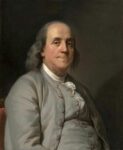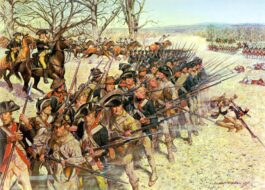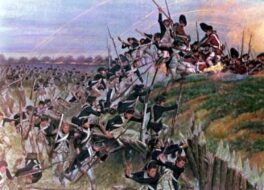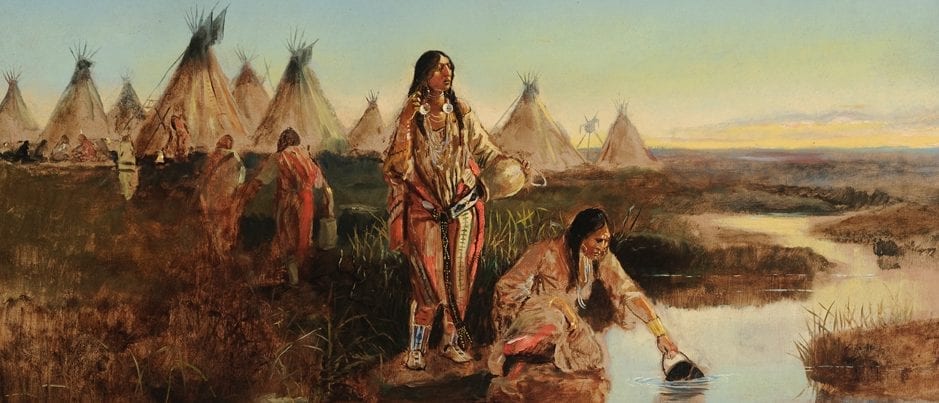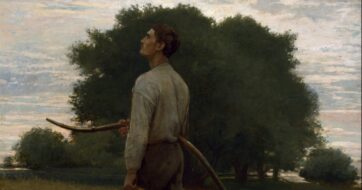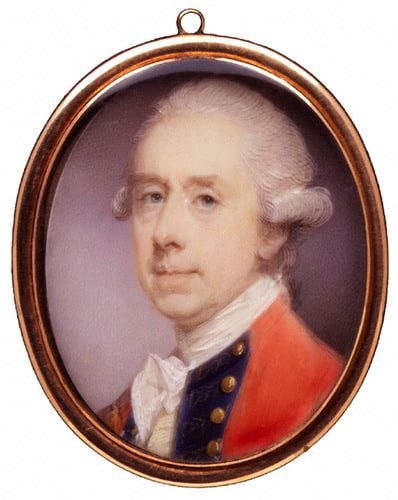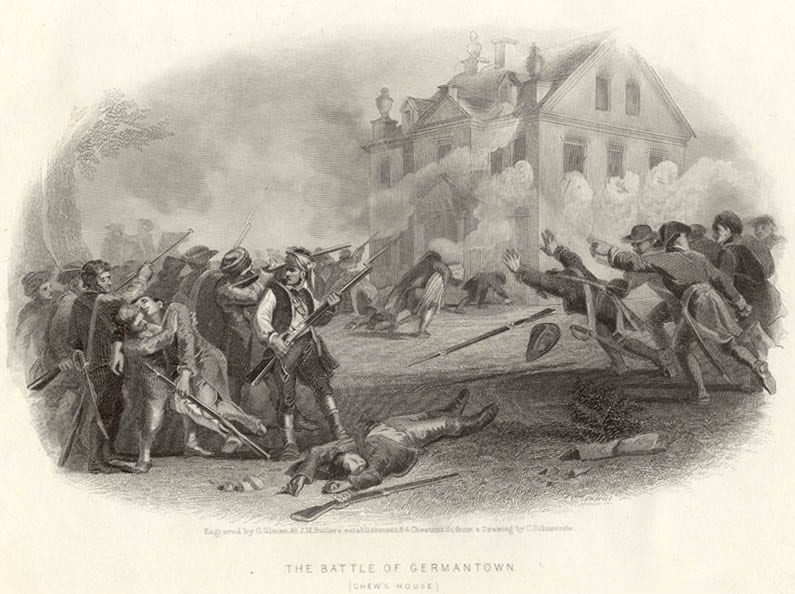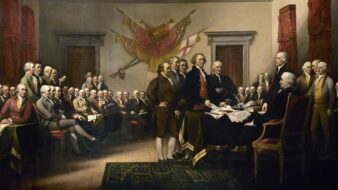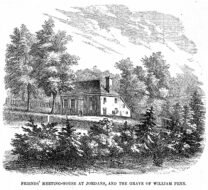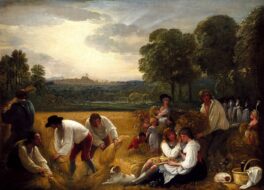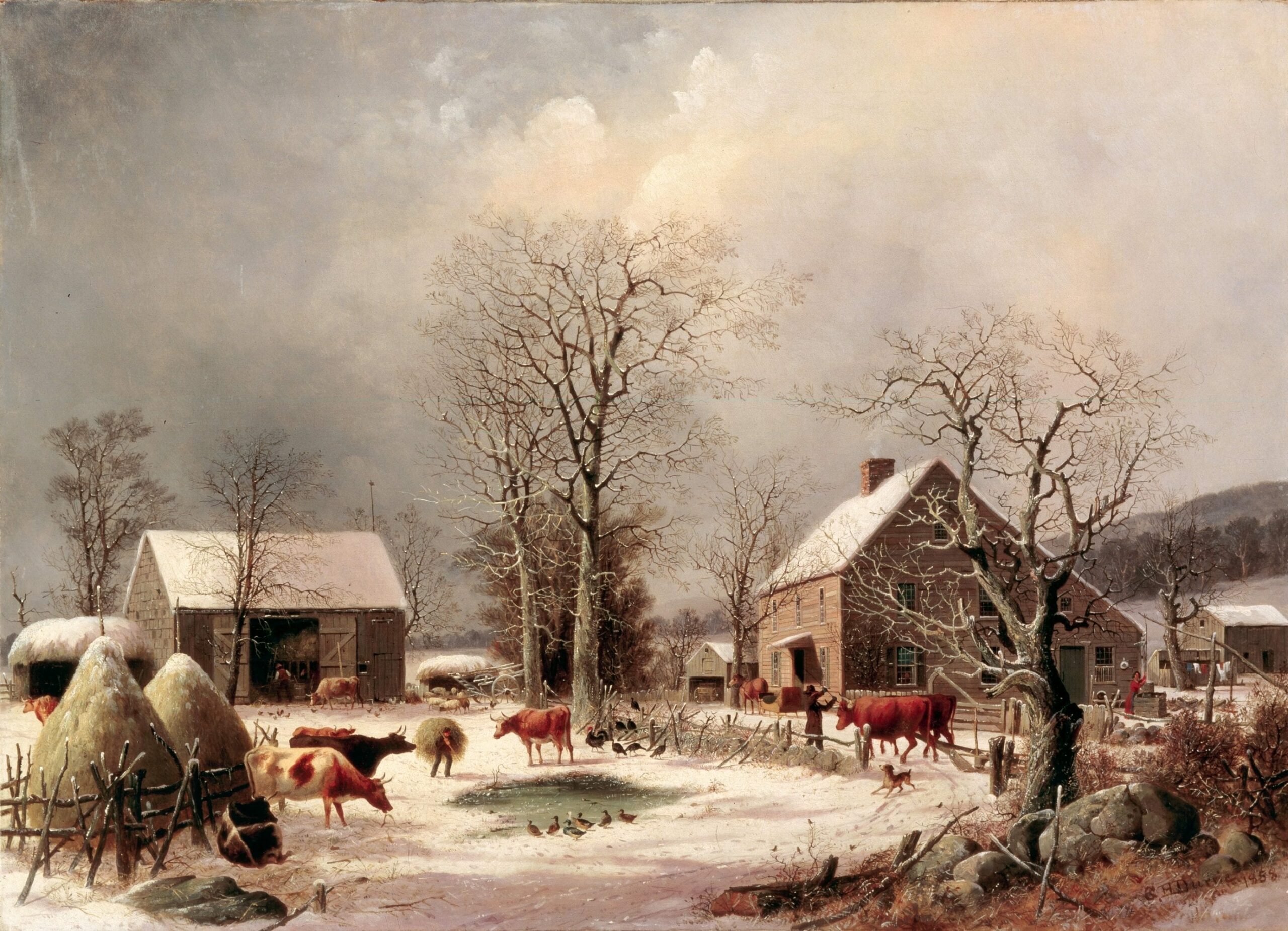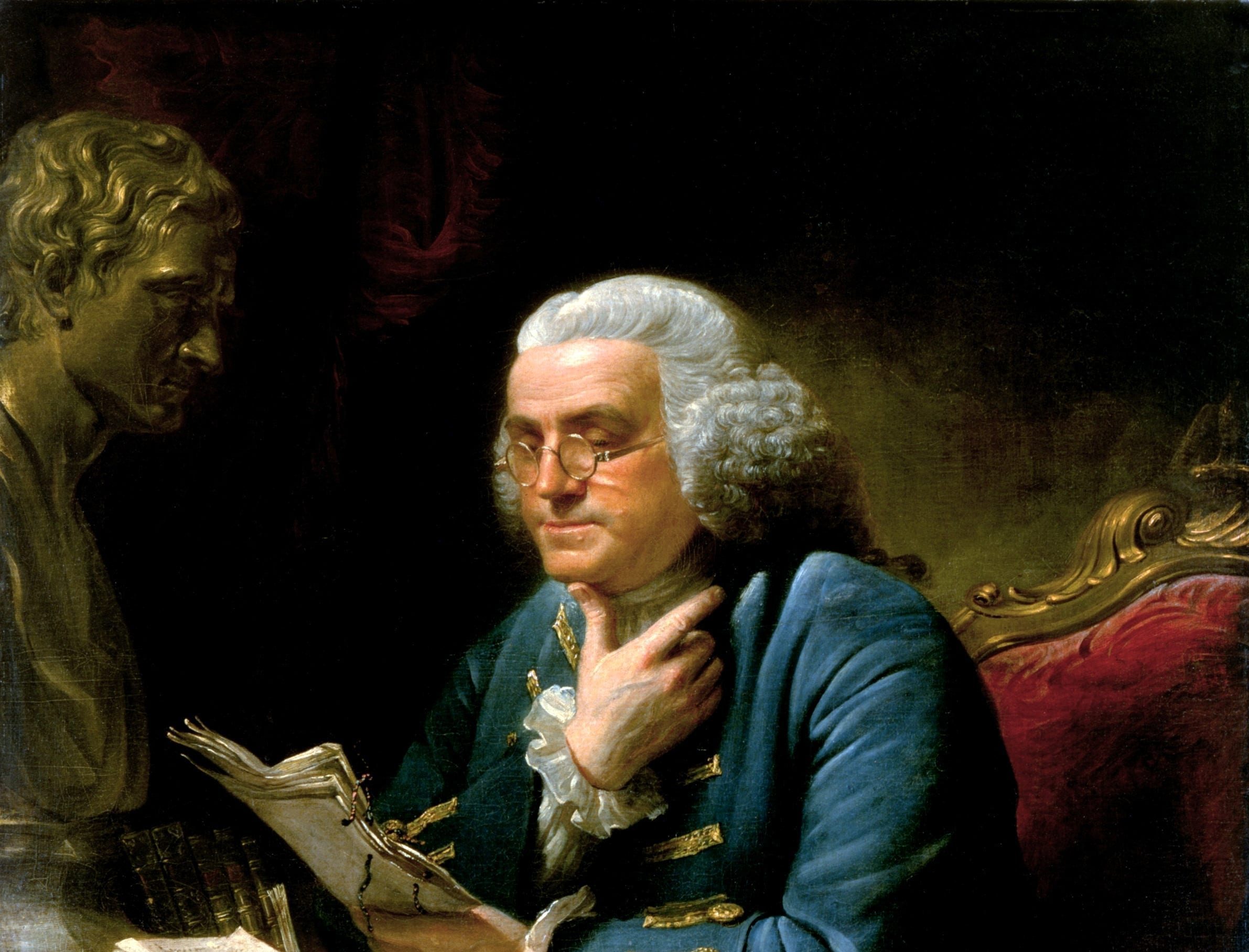Introduction
George Washington’s March 15, 1783, speech confronting the Newburgh conspiracy made clear his belief that his officers’ whispers possessed the potential to snatch defeat from the jaws of victory. After the army’s success at Yorktown, the War for Independence was as good as won—so long as the army didn’t subvert the liberty for which the war had been fought in the first place. As Washington understood, if the Continental Army acted in defiance of Congress, then the American Revolution—like so many previous wars and revolutions—could end in military dictatorship.
The impression Washington’s speech made on his officers comes through clearly in the account of Captain Samuel Shaw (1754–1794), who was present for the meeting. Aide-de-camp from 1779 to 1783 to Major General Henry Knox (1750–1806), Shaw wrote about Washington’s performance the following month. According to Shaw, it was not only Washington’s prepared remarks but also the officers’ regard for Washington as a man and a leader that put an end to any thoughts of disobedience. A particularly emotional moment, Shaw noted, was when Washington, while reading to his officers a letter from a member of Congress, paused to reach into his pocket and retrieve his spectacles. Only Washington’s closest aides had seen him wear them, probably because eyeglasses, in the eighteenth century, were viewed as a sign of old age and infirmity. As Shaw recounted, Washington “put them on, observing at the same time, that he had grown gray in their service, and now found himself growing blind.” This declaration, Shaw wrote, “moisten[ed] every eye” in the room. Others portrayed the battle-hardened veterans sobbing openly as a result of Washington’s statement.
At no other point did Washington seem so big to his officers, who at this juncture felt so small. Washington had led the army almost since the beginning of the Revolution. One of the richest men in America, he had more to lose than almost anyone. He had exposed himself to every hardship. Horses had been shot out from under him. Musket balls had whistled past his ears. He had served—and sacrificed—while refusing a salary. Yet here they were, grumbling about pay and pensions. Although historians debate the extent to which the Newburgh conspiracy posed a real threat, none dispute that Washington’s forceful remarks put an end to any possibility that hushed discussions at the Continental Army’s last encampment might coalesce into a challenge to elected representatives’ control of American government.
—Robert M.S. McDonald
The meeting of the officers was in itself exceedingly respectable, the matters they were called to deliberate upon were of the most serious nature, and the unexpected attendance of the commander-in-chief heightened the solemnity of the scene. Every eye was fixed upon the illustrious man, and attention to their beloved general held the assembly mute. He opened the meeting by apologizing for his appearance there, which was by no means his intention when he published the order which directed them to assemble. But the diligence used in circulating the anonymous pieces rendered it necessary that he should give his sentiments to the army on the nature and tendency of them, and determined him to avail himself of the present opportunity; and, in order to do it with greater perspicuity, he had committed his thoughts to writing, which, with the indulgence of his brother officers, he would take the liberty of reading to them. It is needless for me to say anything of this production; it speaks for itself. After he had concluded his address, he said that, as a corroborating testimony of the good disposition in Congress towards the army, he would communicate to them a letter received from a worthy member of that body, and one who on all occasions had ever proved himself their fast friend. This was an exceedingly sensible letter; and, while it pointed out the difficulties and embarrassments of Congress, it held up very forcibly the idea that the army should, at all events, be generously dealt with. One circumstance in reading this letter must not be omitted. His excellency, after reading the first paragraph, made a short pause, took out his spectacles, and begged the indulgence of his audience while he put them on, observing at the same time, that he had grown gray in their service, and now found himself growing blind. There was something so natural, so unaffected, in this appeal, as rendered it superior to the most studied oratory; it forced its way to the heart, and you might see sensibility moisten every eye. The general, having finished, took leave of the assembly….
I cannot dismiss this subject without observing, that it is happy for America that she has a patriot army, and equally so that a Washington is its leader. I rejoice in the opportunities I have had of seeing this great man in a variety of situations—calm and intrepid where the battle raged, patient and persevering under the pressure of misfortune, moderate and possessing himself in the full career of victory. Great as these qualifications deservedly render him, he never appeared to me more truly so, than at the assembly we have been speaking of. On other occasions he has been supported by the exertions of an army and the countenance of his friends; but in this he stood single and alone. There was no saying where the passions of an army, which were not a little inflamed, might lead; but it was generally allowed that longer forbearance was dangerous, and moderation had ceased to be a virtue. Under these circumstances he appeared, not at the head of his troops, but as it were in opposition to them; and for a dreadful moment the interests of the army and its general seemed to be in competition! He spoke—every doubt was dispelled, and the tide of patriotism rolled again in its wonted course. Illustrious man! What he says of the army may with equal justice be applied to his own character. Had this day been wanting, the world had never seen the last stage of perfection to which human nature is capable of attaining.




